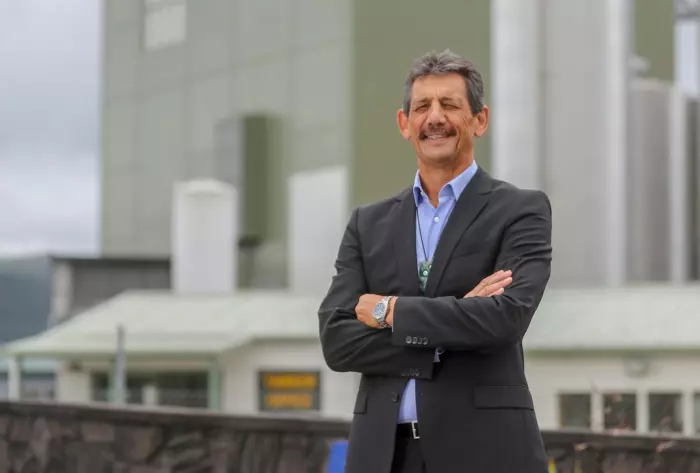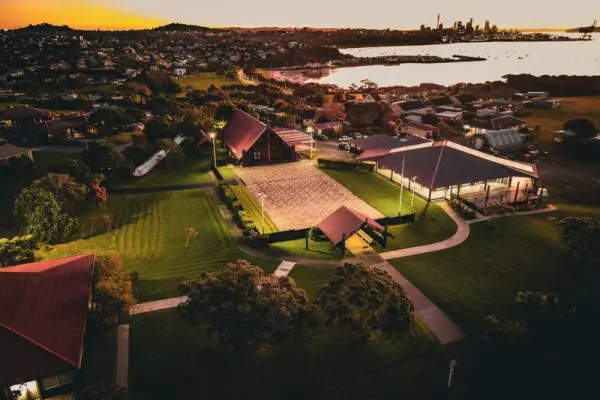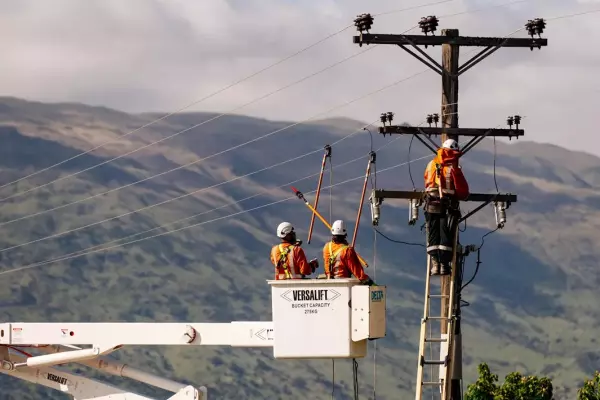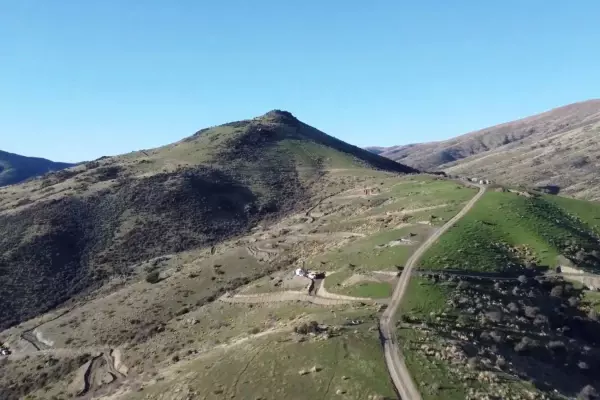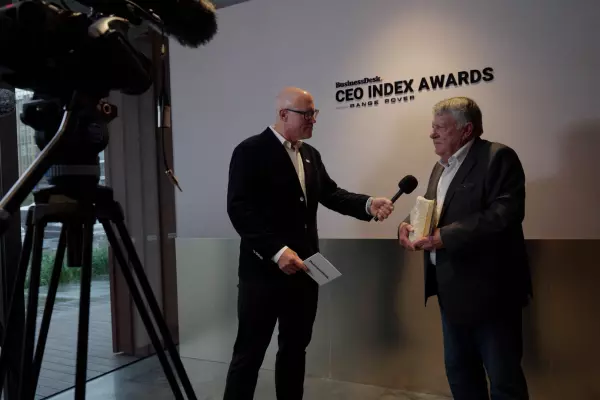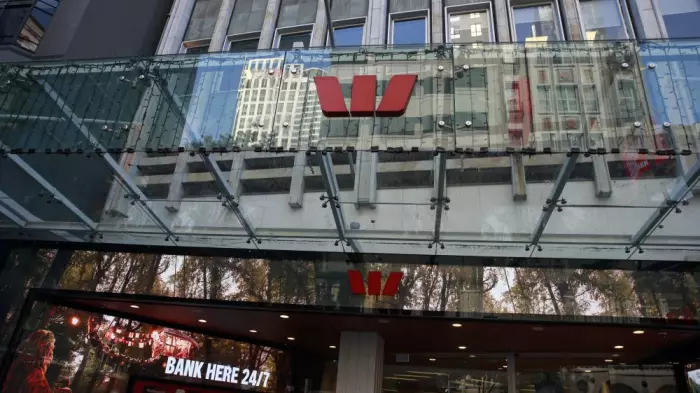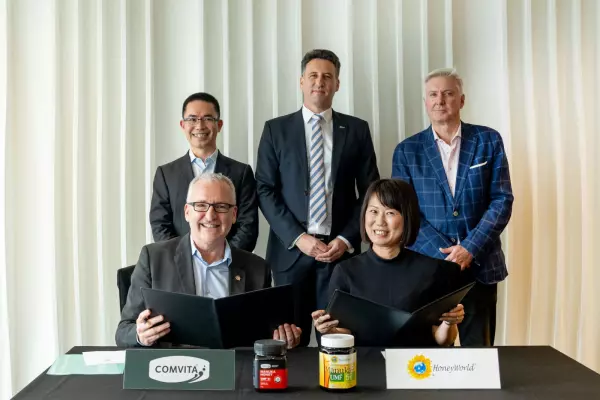The chair of the first Māori dairy manufacturer, Miraka, says education is the secret to his business success.
From a young age, Kingi Smiler was encouraged to learn as a middle child with three older siblings and four younger ones.
Growing up in Naenae, his parents – who were high school teachers – had high expectations of academic achievement.
“When I was brought up, the people of my era used to talk about being able to walk in both worlds,” Smiler said.
The two worlds Smiler speaks of are te ao Māori and Pākehā society.
Numbers
Education opens opportunities, he said and gives those capable enough to take advantage of them.
“Even so, you need to be able to read and write, and it's always good to be able to do your numbers,” said Smiler, who remains a registered chartered accountant to this day.
Smiler is one of the lucky ones: he’s always been good with numbers.
The numbers stack up for Miraka.
The Māori dairy business is one of New Zealand’s largest export businesses, with more than $300 million of exported goods.
It’s said to be the first dairy business to use renewable geothermal energy with one of the world's lowest manufacturing carbon emissions footprints.
Miraka’s plant uses geothermal steam, emitting 92% fewer carbon emissions than comparable businesses. It describes its annual carbon emissions savings as equivalent to taking 7,000 cars off the road.
Miraka was established 13 years ago by Māori trusts and incorporations. Smiler is also the chair of Wairarapa Moana Incorporation, a founding shareholder in Miraka.
Smiler has been in the agribusiness industry for several decades, applying his technical skills to enable Māori economic development on whenua Māori (Māori land).
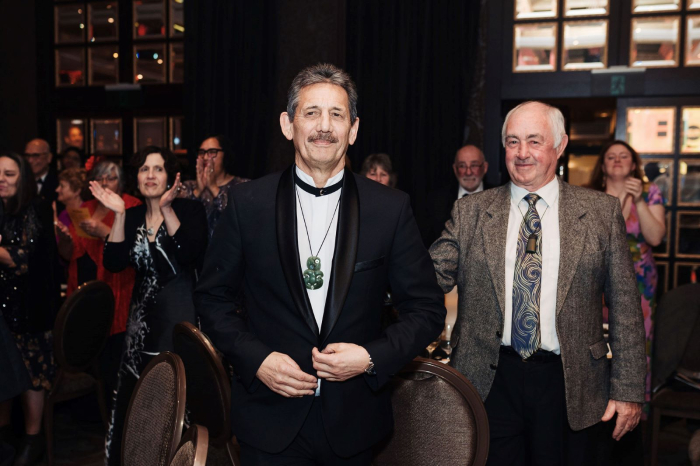
Smiler at the recent award ceremony. (Image: Young Enterprise)
Smiler was recently inducted into the NZ Business Hall of Fame alongside other pioneers of NZ business, Kelly Tarlton, Wally Stone, Theresa Gattung, Ted Manson, Michael Barnett and Sir Paul Adams.
They join an illustrious league, with Bruce McLaren, Graeme Hart and the Mills whānau (of Les Mills) inducted last year.
The awards have run for over 30 years and are organised by the Young Enterprise Trust, a not-for-profit organisation that promotes enterprise for youth to contribute towards transforming NZ's future economic and social prosperity.
Smiler has been mentoring Ngāpuhi Krause, one of the aspiring entrepreneurs involved with Young Enterprise, and she introduced him when he was inducted. On the night, Krause said Smiler was a quiet but significant contributor to Aotearoa.
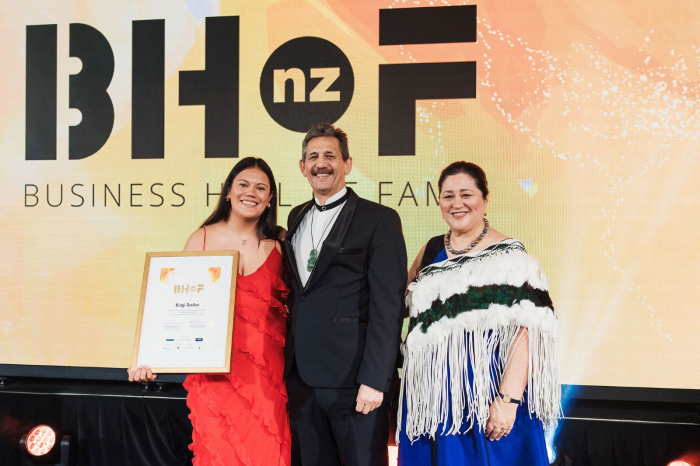
Ngāpuhi Krause, Smiler and Governor-General Cindy Kiro. (Image: Young Enterprise)
“Kingi has worked tirelessly to encourage and contribute to initiatives that grow the commercial, social, economic and environmental wealth for his whānau, hapū and his community.”
Smiler said growing up, he’d have rather played sports with his mates, particularly rugby and cricket. His entire whānau were young athletes; his siblings were swimming champions, and he played for the rugby first fifteen.
But he always did just enough to pass his papers.
“We were brought up in a competitive environment, and we were always keen on our sports, with our dad coaching us, who was a fantastic sportsman himself.”
Strong connections
Smiler said his father was also very academic; he did a BA at Auckland University, then went to Victoria University and completed an MA in English and maths.
When he was ten, his beloved dad passed away, and his mum decided to send Smiler to Scots College despite him thinking he was going to the local schools in Lower Hutt.
At Scots College, he made strong connections – strong enough to secure a job at a firm while he was studying accounting at Victoria University, which led to another offer to work overseas.
Smiler spent about 8 years in Canada working for Ernst & Young as an auditor and then in business restructuring.
“I had to do the Canadian examinations to get the Canadian CA [now called the Chartered Professional Accountant (CPA) certification program], and they had a much wider perspective and high standards.”
He credits his education and the connections he made at school for his early career achievements.
After returning to NZ, Smiler was made a partner at Ernst & Young in Wellington in 1990. He left the firm in 1997 with a bold new direction to support his whānau and hapū (sub-tribe) at his mother's insistence.
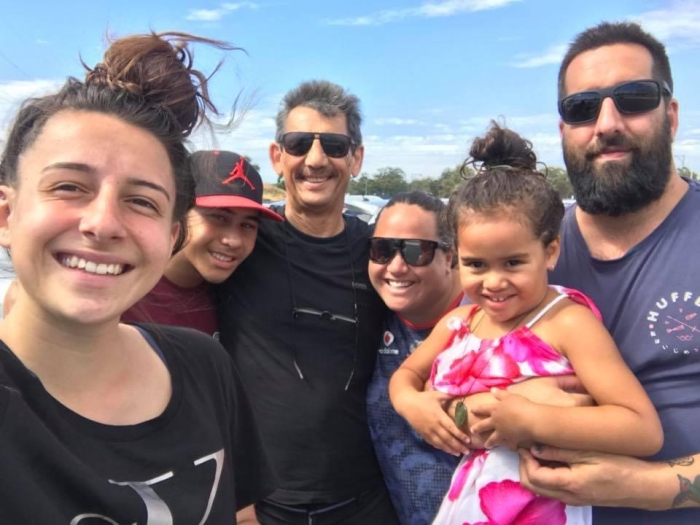
Smiler (centre) with his family. (Image: Supplied)
“My mother would always volunteer me to get involved with our whānau land interest, nominating me to be a trustee when I was in Canada,” he said.
She was a visionary. Her determination soon paid off as Smiler became more heavily involved, and that contribution continued 25 years later.
Not only did he become a trustee, but he soon chaired the trust that decided to pool land interests and use it to build Miraka.
He was also part of a Māori authority federation, which fought to enact changes to Māori land leases held in perpetuity, particularly in Taranaki and Wellington.
“We were part of a group that got all those rules changed to make it more commercial for those particular leases.”
The three organisations put their combined assets in a trust worth about $750m.
Smiler said this has given whānau more opportunities by growing the assets of their whenua through Miraka.
“The returns for the whānau over the last 20 years … [with] many, many times, very significant growth, has been very high.”
Māori farmers
He’s proud to have been a part of the reinvigoration of the Ahuwhenua Trophy – a competition for Māori sheep, beef and dairy farmers – 20 years ago.
It was originally launched in 1933 by Māori leader Tā Apirana Ngata and the governor general at the time, Lord Bledisloe, but interest waned, and the last of the original competitions was held in 1990.
Just three years ago, horticulture was introduced, bringing even more life to the competition.
“Well, Lord Bledisloe donated these cups for the Ahuwhenua Trophy competition, and that's the legacy of the history that we were developing. It was good to take it now to the next level and now be recognised as the premier competition of Māori farming.”
He said he wanted to highlight and profile the great work that Māori farmers are doing.
“Building the pride for the farmer, in terms of what they're doing, to demonstrate to the rest of NZ that they're now right out there leading the way.”
Smiler said Māori farm differently, with the value of kaitiakitanga (traditional Māori custom of guardianship) being at the forefront.
“Our generational thinking is that we're the kaitiaki (guardians) for the next generation.
“That's how we farm, and that's how we tend the business and look after, which is normally not typical for the Pākehā competition, right? And we absolutely have a different view of the world.”
“I mean, we call it kaitiakitanga, they call it stewardship, and others call it governance.
“Māori farmers are kaitiaki taonga (guardians of treasure), building that sustainability and resilience because we know we want to pass it on to the next generation. That is a big driving force for how all that growth occurs, which you don't typically see now.
“When the others want to exit or retire, they sell the farm, which is different to us; we know we're passing on to the whānau to take over the farm.
“So, we build for the next generation, who are then building for the next generation.”
Māori values
Smiler said the Pākehā dairy farmers that supply Miraka have adopted Māori values, ‘The Miraka Way’ too, and he said they’ve seen the benefits on their farms.
He said it was about blending values and skills to build a bicultural family.
Smiler was chair of Kāhui Wai Māori, a group brought together in 2018 and worked alongside the likes of Dover Samuels and Annette Sykes to influence the Essential Freshwater policy.
It was a huge achievement, he said, to get the legislation changed three years ago because the new law recognises tikanga Māori. Mahinga kai is now a compulsory value, with how targets are evaluated and how limits are set in the regions.
“Those new rule changes are now really starting to underpin how they operate the environment court with a Māori worldview now, about how they view wai (water) – it is all now part of the regulations.”
Smiler said he enjoyed the challenges he’s faced throughout his life and embraces stress.
“I enjoy the stress. I just see that in the challenges, there's lots to do and lots of problems to solve. I just approach those in a positive light and focus on resolving them. I tend to just absorb all of that without letting it overwhelm me.
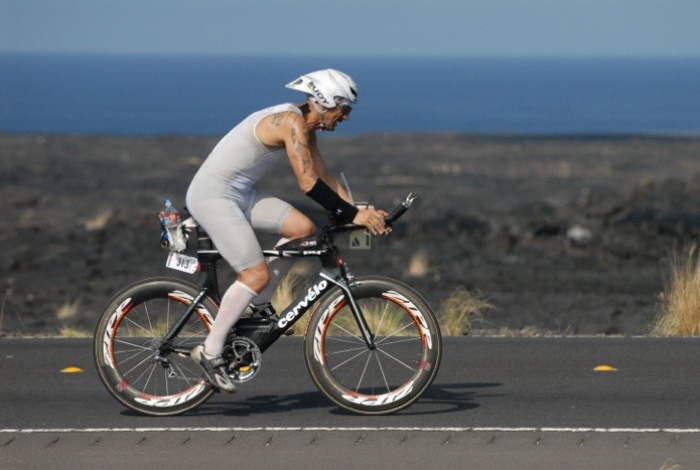
Intense exercise helps Smiler handle stress. (Image: Supplied)
“For the most part, I don’t lose any sleep over it.”
He’s still a keen sportsman. Smiler de-stresses by competing in Ironman and has been actively competing in national and international competitions for 20 years.
Training for the Ironman in Wellington is a breeze for Smiler as he lives at the top of Brooklyn; its high viewpoint has beautiful scenery of the south coast.
“Windy Wellington, we're used to that; we always love coming back to Wellington.”
A reference to "calves" has been corrected to "cups" in this story's reference to the gifting of the Ahuwhenua trophies.


